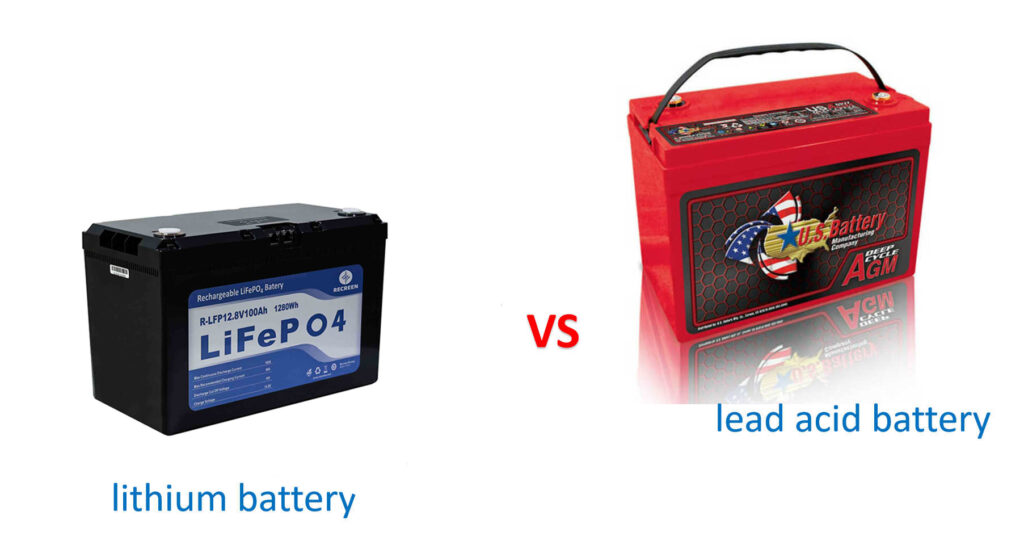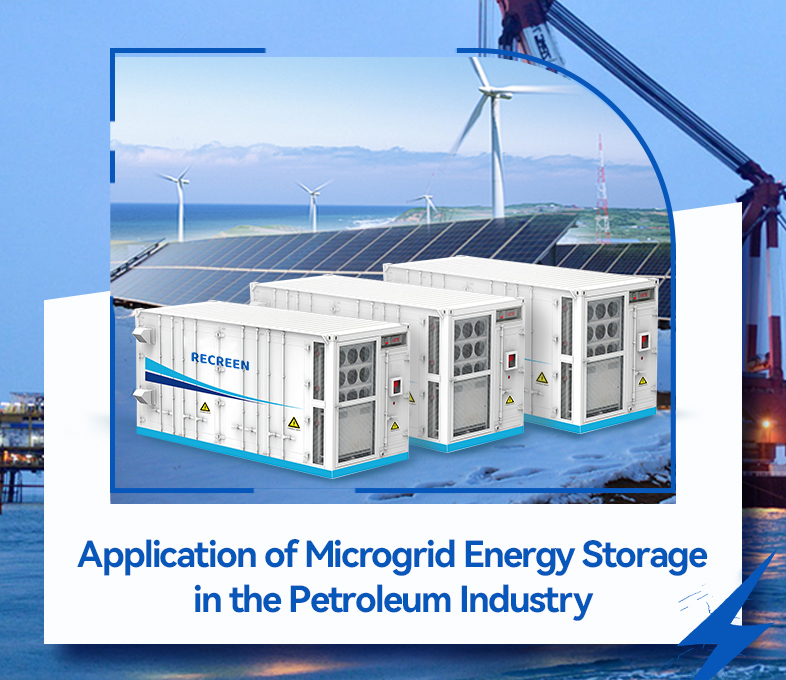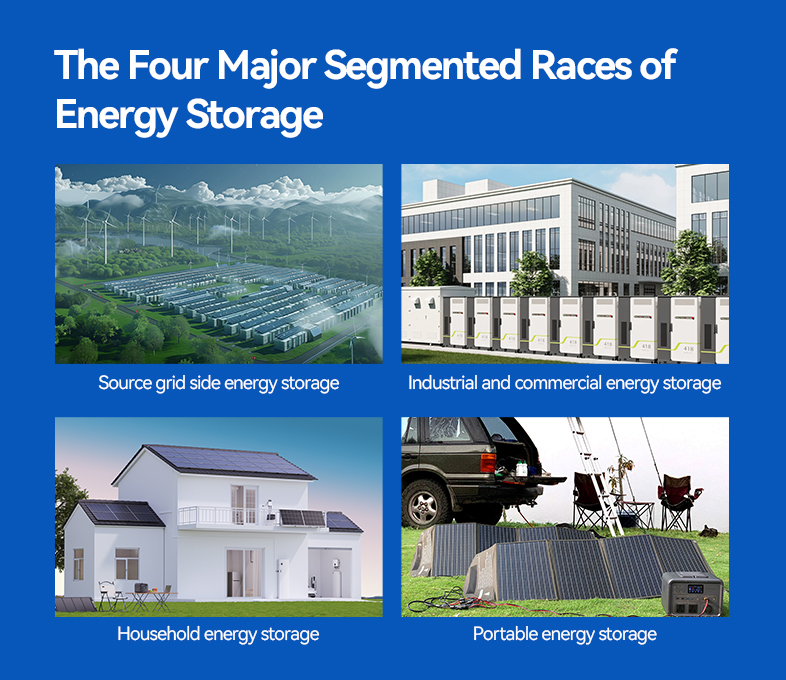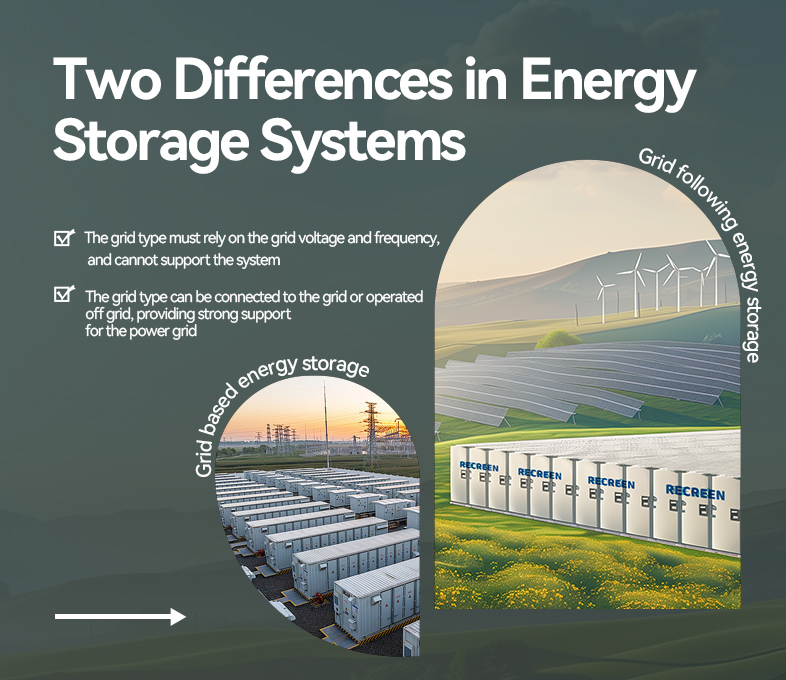Selecting the right type of battery for your application is crucial for ensuring optimal performance and cost-effectiveness. Two commonly used options are lithium batteries and lead-acid batteries. In this article,we will discuss the advantage and disadvantage between lithium-ion battery and lead acid battery which will be a good suggestion for you before making decision.
What is a lead-acid battery?
A lead-acid battery, also known as a VRLA battery, relies on lead and its oxides for its electrodes and a sulfuric acid solution for its electrolyte. When discharged, the positive electrode primarily consists of lead dioxide, while the negative electrode is mainly composed of lead. In the charged state, both electrodes are predominantly made up of lead sulfate.
What’s lithium battery?
A lithium battery harnesses the power of lithium or lithium alloy as its positive electrode material, paired with a non-aqueous electrolyte solution. Due to the highly reactive nature of metallic lithium, handling and storage of lithium-based batteries demand stringent environmental conditions. These batteries are broadly classified into two categories: lithium metal batteries and lithium-ion batteries.In this article, we mainly discuss about lithium-ion battery.
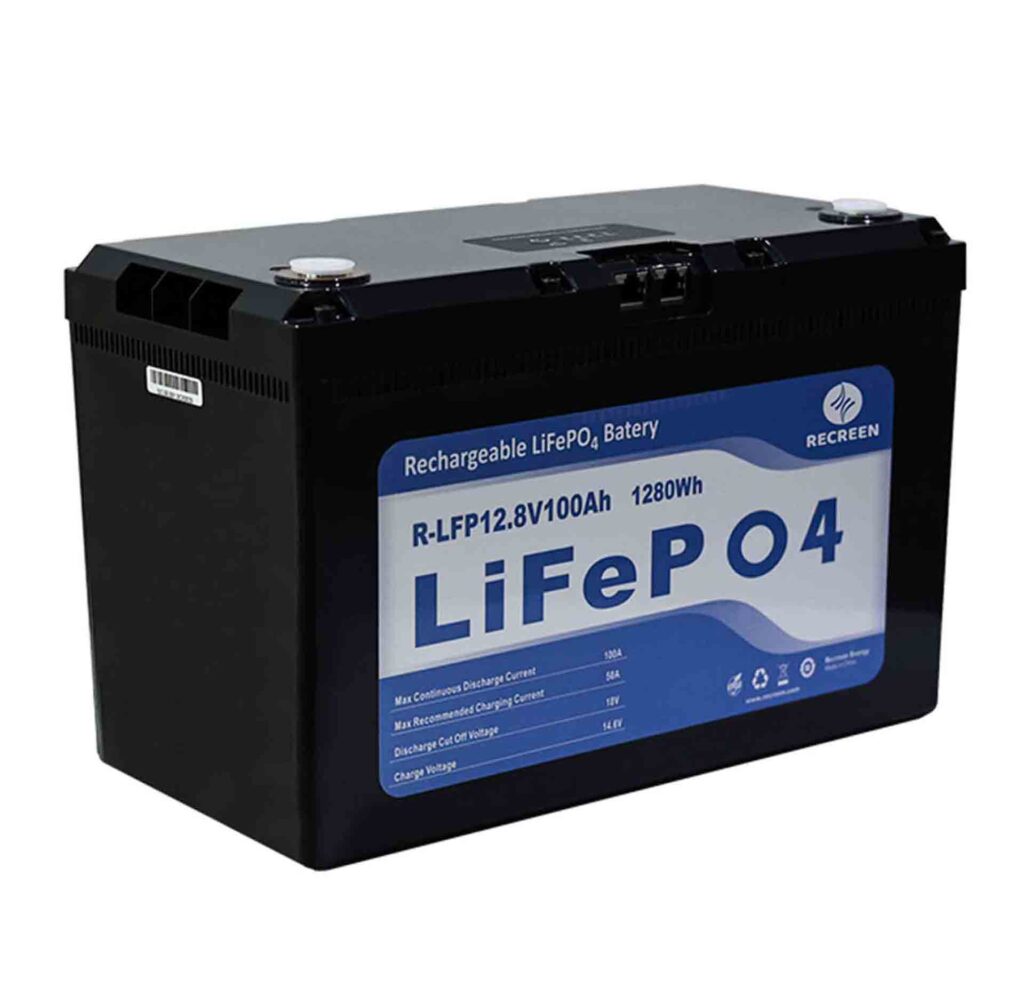
- Here’s a comparison between LiFePO4 lithium batteries and lead-acid batteries in a different way
1.Chemistry and Composition:
- LiFePO4 Lithium Battery: Utilizes lithium iron phosphate (LiFePO4) as the cathode material, offering high stability and safety.
- Lead-Acid Battery: Composed of lead dioxide (PbO2) as the positive electrode and sponge lead (Pb) as the negative electrode, immersed in a sulfuric acid electrolyte.
2.Energy Density:
- LiFePO4 Lithium Battery: Exhibits higher energy density compared to lead-acid batteries, enabling more energy storage in a compact and lightweight design.
- Lead-Acid Battery: Has lower energy density, resulting in larger and heavier batteries for the same energy capacity.
3.Cycle Life:
- LiFePO4 Lithium Battery: Offers a significantly longer cycle life compared to lead-acid batteries, enduring a higher number of charge-discharge cycles before capacity degradation.
- Lead-Acid Battery: Generally has a shorter cycle life, especially when subjected to deep discharges, leading to frequent replacements and higher maintenance costs.
4.Charging Efficiency:
- LiFePO4 Lithium Battery: Demonstrates higher charging efficiency with minimal energy loss during the charging process, allowing for faster and more effective charging.
- Lead-Acid Battery: Typically exhibits lower charging efficiency and may experience energy wastage during charging due to internal resistance.
5.Environmental Impact:
- LiFePO4 Lithium Battery: Tends to have a lower environmental impact compared to lead-acid batteries, primarily due to the absence of toxic lead and acid electrolytes.
- Lead-Acid Battery: Poses environmental concerns due to the use of lead and sulfuric acid, requiring proper disposal and recycling processes to mitigate pollution.
6.Cost Consideration:
With the significant decrease in the price of lithium batteries, opting for lithium batteries over lead-acid batteries now presents a more compelling proposition. The reduced cost of lithium batteries enhances their affordability and makes them a more attractive investment compared to lead-acid batteries. This price decline not only narrows the initial cost gap between the two types of batteries but also amplifies the long-term benefits of lithium batteries, such as higher energy density, longer lifespan, and lower maintenance requirements. As a result, purchasing lithium batteries becomes not only financially advantageous but also strategically beneficial, offering superior performance and value for various applications.

In summary, the burgeoning market potential of lithium batteries has prompted major lead-acid battery brands like U.S. Battery (www.usbattery.com), ups battery (www.upsbatterycenter.com) and Delta (www.delta.com) to diversify into lithium battery offerings. As a result, if you’re a wholesaler, agent, or investor looking to tap into the expanding lithium battery market, we invite you to collaborate with us. As an established OEM/ODM lithium iron phosphate battery factory with over five years of experience, we boast mature technology and a track record of supplying high-quality products to renowned brands. Partnering with us enables you to leverage our expertise in OEM processing and customize your own lithium battery solutions tailored to your specific needs and preferences. Feel free to reach out to us at any time to explore mutually beneficial opportunities. Our web:www.recreen.com.Email:[email protected]

